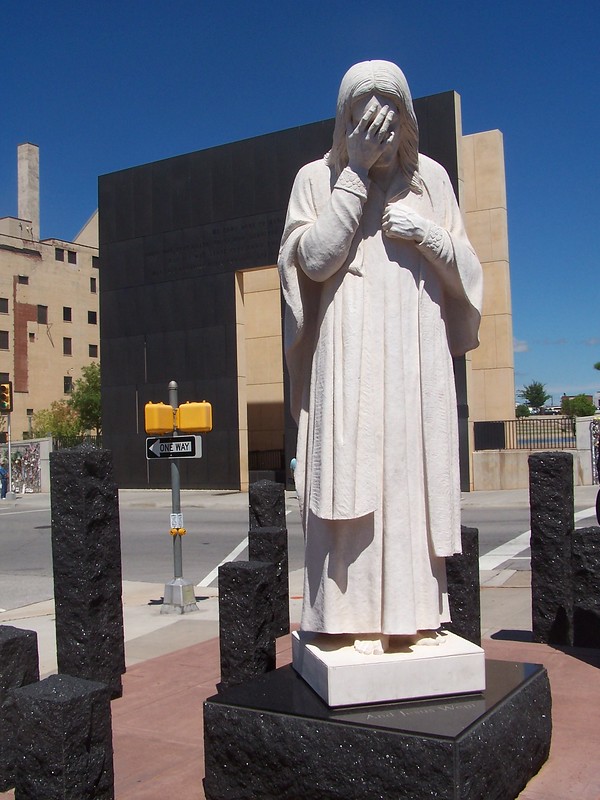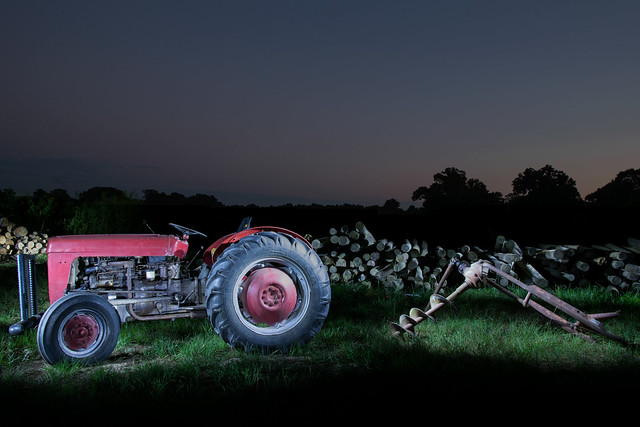A story
Everyone knew Mrs B at church. In her nineties, she was a familiar figure in her wheelchair, a rug tucked over her knees. Every Sunday, she followed the service intently, saying and singing every word loudly and clearly, including those uttered by the parish priest, – and approximately a second behind everyone else.
People complained about Mrs B and her echo, though no one said anything about it to her face. However, when Mrs B died, the church began gradually to fall apart. People who had, without realising it, relied on her to speak the service for them, felt less confident. Newer people, whose nervousness about being accepted was covered by her echo, felt exposed. The parish clergy felt curiously isolated without her elderly voice supporting and following them. Slowly, it became clear that she had provided a bridge between congregation and clergy, between complacency and failure, between old and young, between able bodied and disabled people in the congregation around her. She was a kind of social and liturgical glue for the church and she was no longer there she was missed. The church became sad and had to find ways to recover that sense of solidarity, spirituality and wellbeing.
Some things to think and talk about:
- Who are the people who are the ‘glue’ in your church or Christian community?
- Have you experienced times when a person, maybe a vicar or a congregation member or a family, leaves the church and creates a sense of loss and sadness?
Another story – forgotten people
Farming is hard going, you work long hours in a machine, on your own for a lot of the day. You could be first out in the morning and last one in at night, get your tea, go to bed – repeat! That can be from springtime to wintertime.
So often men feel like they have to be like robots and not show emotion.
News Story: Young farmer speaks of brave battle…
Adam, a farmer from Peebles, spoke out about his mental health struggles and how he was too proud to tell anyone about them. Eventually, he found himself in a very dark place and tried to take his own life. Fortunately, after resisting help, he found the strength to accept it and has recovered.
But people like farmers, and perhaps especially some men, often end up overlooked or forgotten, precisely because they are, as Adam says, out working on their own and largely invisible to their community. Freight train drivers on night shift, long-distance lorry drivers and others may need the help which comes from fruitful relationships and sharing problems, but lack the support networks that others rely on and may be too proud, stubborn or ashamed to admit the need for help.
In her chapter for Building a Relational Culture: finding fellowship in the Church of England, Alison Webster lays out some of the significant ‘sadnesses’ of our modern world:
[People] talk of the prevalence of loneliness and isolation within their communities; of polarisation in society, fed by social media; of low self-esteem and poor mental health, including amongst young people. Above all – and especially after Covid and in the midst of a cost-of-living crisis, they recognise the threat of grinding poverty, and the ever-present stark reality of huge inequality in every village, town and city in our country.
These sadnesses and difficulties can colour the life of our churches, but if we fail to recognise them in the lives of others, then we have no remedy. Alison argues that being more relational in congregational life, learning to care deeply for others, allows us to ‘remember’ and look out for people like Adam, and so to bring the transformative hope of the Christian faith to focus on those who are struggling and in pain. We can move from sad church to a supportive, community focussed church.
Read more: Collectives are our Future
Some more things to talk about
- Who are the left-out and forgotten people in your community? Who might you need to ‘remember’?
- What positive actions can be taken to make the church more supportive of people who ‘don’t want to talk about it’?
- How do we go about really caring deeply for others? What does that look like?
- How can we find the time, the resources and the love in Christ to be there for our communities?



